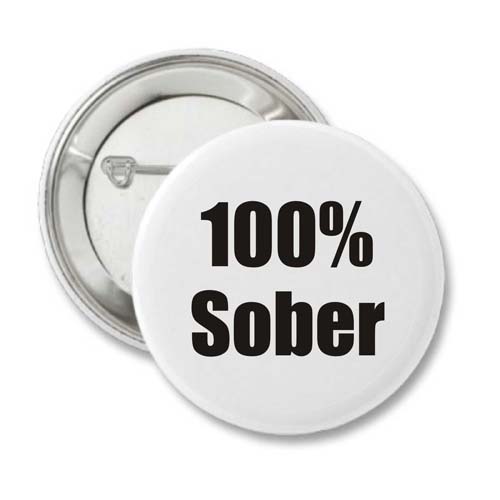When the Jew celebrates, a glass of wine is almost always close at hand: Kiddush, Havdala, the Passover Seder, Purim, and every wedding ceremony and Brit Milah. Wine serves as the symbol of our sanctity, of freedom, of Divinely inspired victories, of the greatest, most joyous moments of our past, and of our dreams for the future. Wine has always held an honored, obligatory, almost irreplaceable, place in our culture. Yet, over the ages, how often did one hear of a Jewish drunkard!
Who, more than the Jew, could better have justified drowning the sorrows and torments of life in a glass of alcohol? Yet the Jew of yesteryear rarely indulged in such a luxury. Even today, with alcoholism rampant in American society, with the Jew exposed no less than any other American to the temptations of drink and drugs, the Kiddush wine seems to protect its celebrants rather than enticing them into the vicious, all-too-familiar, alcoholic spiral of self destruction. People rarely have become drunk on Kiddush.
Is there a hidden charm in the Kiddush wine? Or does the Kiddush itself contain the magic that fends off the dangers of the wine used in its celebration?
Perhaps the very pedestal on which we have placed wine inspires the Jew to raise wine from the gutters to which alcoholism would doom it.
Wine is far more than a drink. In its power to loosen restraints, it clarifies the contrast between man’s inner self and his external reality. As the premier product of earthly bounty, wine represents the pursuit of pleasure – both earthly and heavenly. And in wine’s ability to induce forgetfulness, it confronts the ever-present tension between pain and suffering on the one hand and the human need for happiness and comfort on the other.
Can we deny that there are times when a small measure of forgetfulness is good? Aren’t there times when the routines of life seem to bog us down and a drop of refined pleasure would raise our spirits; or when we find our rational minds too limited and restrained, while a measure of freedom would enable us to soar to greater intellectual and spiritual heights?
Yes. But it must be a measure: too little and we accomplish nothing; too much and we do more harm than good. A precise balance must be found between the forces of joy, pleasure, and freedom embodied in wine and the reality and rationalism that exist outside of wine.
Perhaps the magic of the Kiddush lies precisely in its ability to balance the drink of wine and the message of the Kiddush, to enable the Jew to balance the forces symbolized by wine with the forces of rational reasoned pursuits symbolized by the kiddush. Perhaps, in a deeper sense, this knowledge has enabled the Jew to negotiate safely the contradictions of his existence, the sorrow and joys, tragedies and victories that are often the catalyst that brings people to hopelessness, thereby leading them to drink. The Jew, with an understanding built on Kiddush, has been able to face all and yet maintain his equilibrium, his hope, and his dreams.
